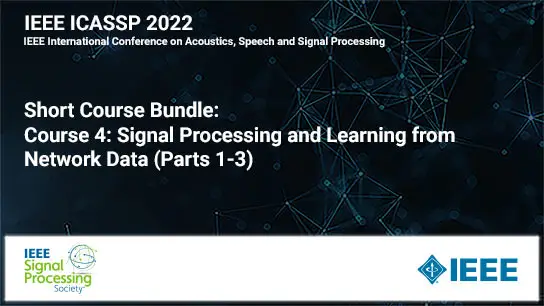Break: Bronchi Reconstruction By Geodesic Transformation And Skeleton Embedding
Weihao Yu, Hao Zheng, Minghui Zhang, Hanxiao Zhang, Jiayuan Sun, Jie Yang
-
Members: FreeSPS
IEEE Members: $11.00
Non-members: $15.00Length: 00:09:20
28 Mar 2022
Airway segmentation is critical for virtual bronchoscopy and computer-aided pulmonary disease analysis. In recent years, convolutional neural networks (CNNs) have been widely used to delineate the bronchial tree. However, the segmentation results of the CNN-based methods usually include many discontinuous branches, which need manual repair in clinical use. A major reason for the breakages is that the appearance of the airway wall can be affected by the lung disease as well as the adjacency of the vessels, while the network tends to overfit these special patterns in the training set. To learn robust features for these areas, we design a multi-stage framework that adopts the geodesic distance transform to capture the intensity changes between airway lumen and wall. Another reason for the breakages is the intra-class imbalance. Since the volume of the peripheral bronchi may be much smaller than the large branches in an input patch, the common segmentation loss is not sensitive to the breakages among the distal branches. Therefore, in this paper, a breakage-sensitive regularization term is designed and can be easily combined with other loss functions. Extensive experiments are conducted on publicly available datasets. Compared with state-of-the-art methods, our framework can detect more branches while maintaining competitive segmentation performance.



